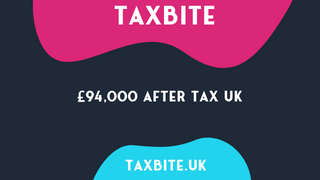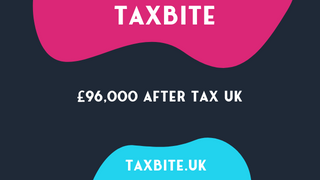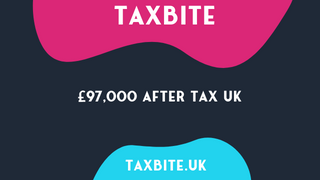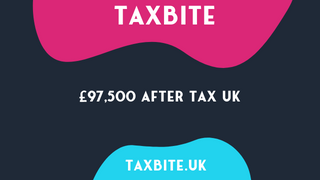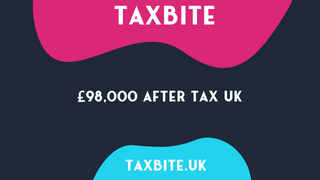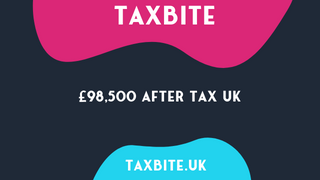Income tax and national insurance are key concepts to understand when managing finances. The amount of income tax depends on your earnings, with varying tax rates across different income bands. For those earning over £93,500 in 2023, a higher tax rate might be applied due to tax policies.
National insurance is a separate deduction that funds healthcare and pensions. This also depends on income, and its corresponding tax rates.
Comprehending these concepts is important as they affect net income and ability to save and invest. Knowing the amount paid and what it covers can help plan and budget resources for the future. If you earn over £93,500 in 2023, this higher tax rate could have a big impact on your money. Adjusting goals and budgeting might be necessary. Also, understanding the tax bands can help plan and reduce tax liability.
Income tax and national insurance can be complex. Understanding how they influence finances is vital for making smart financial decisions. Staying informed on changes in tax policies helps plan and modify finances, ensuring future financial security.
£93,500 before tax is equal to around £63,000 take-home pay annually in 2023. This figure lies in the high-income bracket of £50,000 to £100,000 in the UK. This may mean higher-rate taxes.
Additional benefits such as pension contributions, bonuses, and health insurance could dramatically increase the value of the compensation package. High earners must follow certain tax regulations and may need to file self-assessment tax returns.
Tax rates and income brackets can change over time. This affects the take-home pay or tax obligations.
Net pay is affected by several factors. Tax is a major one; those who earn £93,500 or more after tax by 2023 will belong to the highest tax bracket of 45%. This means less net pay due to a larger percentage of income being taxed.
Pension contributions are also key. Data indicates that employees must make a minimum of 5% of their salary in contributions, which are taken out before tax. This increases net pay because tax is then calculated on a smaller amount.
Employee benefits can also affect net pay. These include private healthcare, company cars, and gym memberships. These are provided by employers, but are taxable and add to the employee’s taxable income. This lowers net pay.
To sum up, understanding the factors that influence net pay is essential. This includes tax, pension contributions, and employee benefits. Knowing these elements helps individuals manage their money and get the pay they deserve.
Grasping your take-home pay is essential for all staff. This is the money gained after taxes and NI contributions. Income tax rate is a major factor, with rates from 0% to 45%. State benefits such as healthcare and pensions are deducted from the pay. Other deductions, such as pension contributions, student loan repayments, charitable donations and union fees, also affect take-home pay.
It’s projected that in 2023, someone can expect to earn £93,500 after-tax. To work this out accurately, use online calculators or consult a financial advisor. Knowing deductions and their influence is key to managing finances.
The take-home pay for a salary of £93,500 after tax in 2023 is £62,271 per year or £5,189 per month.
The marginal tax rate for a salary of £93,500 in 2023 is 43.3%. This means that any additional income will be taxed at this rate.
The take-home pay for a £75,000 salary after tax is £51,411.60 for residents in England, Wales, and Northern Ireland and £49,613.53 for residents in Scotland. This means that the take-home pay is £1,798.07 less in Scotland.
The deductions that make up the salary after tax for a salary of £75,000 in 2023/2024 include income tax and national insurance.
Personal allowance is the amount of income you can receive before tax becomes payable. For a salary of £93,500 in 2022-2023, the personal allowance is £12,570. This means that the taxable amount is £80,930 after subtracting the personal allowance.
The tax payment for a salary of £93,500 in 2022-2023 is divided into different rates based on income brackets. The first £12,570 is tax-free, the next £37,700 is taxed at 20%, and the following £43,230 is taxed at 40%. There is no tax on the remaining amount.
Here’s a list of similar salaries:








